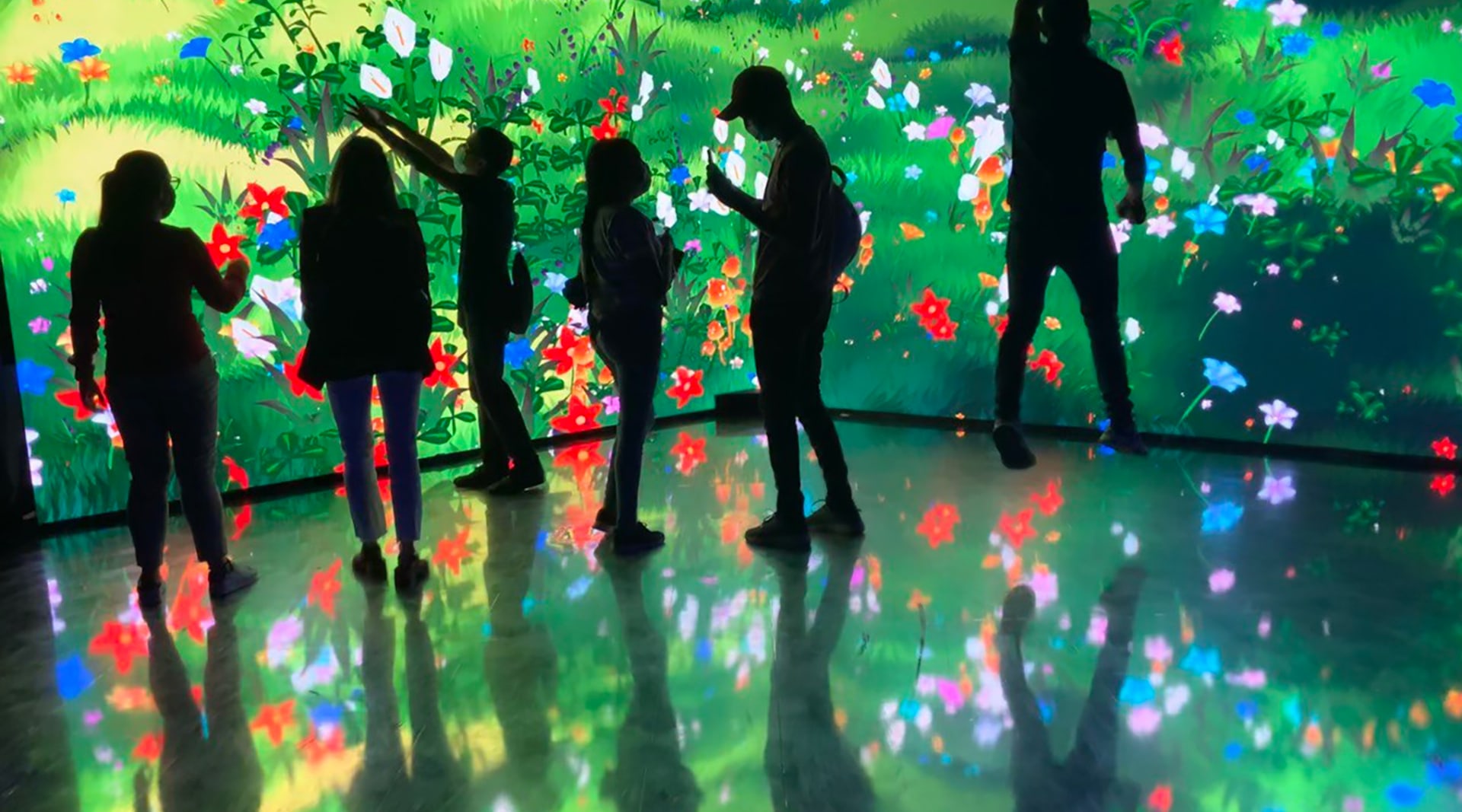In her talk The Other AI: Artificial Intimacy at SXSW 2023, Belgian-American psychotherapist Esther Perel discussed how technology is affecting our approach to intimacy, relationships and real-life human connections. “What concerns me is how digitally facilitated connections are now lowering our expectations of intimacy between humans,” she said early in the talk, before adding: “The relentless focus on optimization has actually optimized away our ability to be present, to be surprised, to be available to each other.”
Data from VML Intelligence’s "The age of re-enchantment" report supports this assertion that we’ve lost crucial human connections, and that people are yearning for new ways to build community and emotional wellbeing. 85% of those surveyed said they believe that “people seem to have less time for each other these days,” while 56% agree that “there’s no sense of community anymore.”
Peoplehood, the latest venture from the founders of group exercise phenomenon SoulCycle, is one of a growing number of companies responding to this need by facilitating meetings with strangers. “In a world that is more digitally connected than ever, there’s a human connection crisis,” says Peoplehood co-founder Elizabeth Cutler. Thus, they have created a communal space where the lost daily ritual of meaningful conversation can be revived. During 60-minute guided sessions called Gathers, lonely, disconnected, or overwhelmed participants meet to “unload, share, listen, and connect.”




